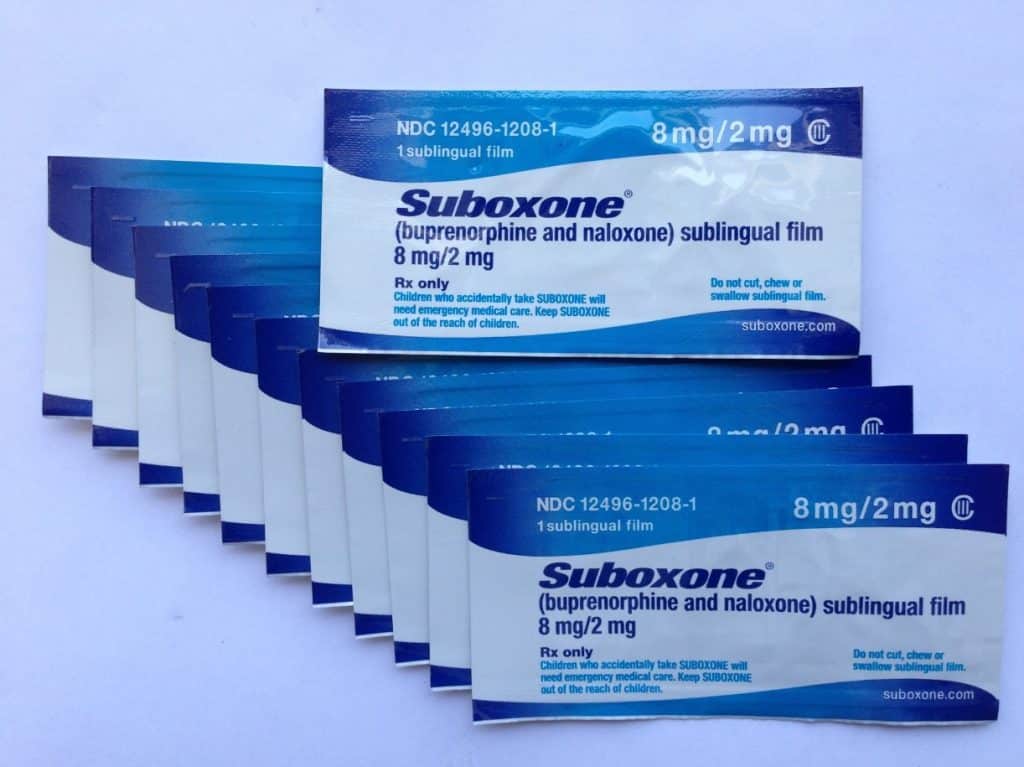Withdrawal from any addictive drug like heroin, prescription opioids or benzodiazepines can be a harrowing experience. Most people know that a medical detox is the best and safest option for anyone who wants to quit using addictive drugs. But how do detox meds like Suboxone, Buprenorphine and Clonidine help in the withdrawal process?
How Do Detox Meds like Suboxone and Clonidine Help in Withdrawal?
What makes a medical detox “medical” is the environment (you check into a medical facility in the case of an inpatient detox) but it’s also the prescribed medications. In fact, drug detox is sometimes called “medication-assisted detox”. The purpose of medications in the detox process is multifaceted. You might break them down into categories to make it a bit easier to follow. We’ll break the detox meds down into controlled and non-controlled substances.
Controlled Substances like Methadone and Suboxone or Buprenorphine:
- Help stave off the most intense physical withdrawal symptoms, especially for opioid users.
- Reduce or eliminate cravings for the drug, which improves patients chance of staying sober.
- Occupy the brains opioid receptors which can prevent a “high” if a patient does slip and use.
Non-Controlled Substances like Clonidine and Vistaril:
- Help with secondary symptoms of withdrawal from opioids, alcohol or benzodiazepine.
- Cannot reduce primary withdrawal symptoms, but are helpful combined with other meds.
- Help lower blood pressure, relieve anxiety, constipation, diarrhea and other discomfort.
Why Meds like Buprenorphine (Suboxone), Methadone and Clonidine are So Important to Detox
The medications are a necessary part of the medical detox process for both the safety and comfort of the patient, but they play a wider role in a addiction treatment to. Mitigating cravings and, in the case of Suboxone, Naloxone and Methadone, occupying opioid receptors which can block much of the euphoric effect if a patient does happen to relapse on opioids. This can help not only discourage the behavior in the first place, but also potentially ward off an inadvertent fatal overdose, giving the patient the chance to live to fight another day. Properly prescribed and administered, medications like Suboxone, Clonidine and Methadone help set the stage for a successful recovery journey.
Making the Most Out of Medical Detox
Without properly implemented medical detox protocols that include medications like Buprenorphine, Clonidine and Methadone, it’s unlikely that any patient would make it very far in the addiction treatment process. In fact, without access to these powerful tools many patients will fail before they even get started. So if you’re considering a medically assisted detox program for yourself or someone close to you, make sure you understand what’s available so that you can get the most out of this once-in-a-lifetime opportunity. When used properly, meds like Buprenorphine (Suboxone), Clonidine and Methadone can help transform an otherwise dark and desperate situation into a hopeful beginning.
Clearing the Pathway To Recovery
This is why it’s so important that detox programs have access to medications like Suboxone, Buprenorphine, Clonidine and Methadone. These medications help make the process of withdrawal more manageable for patients, reducing cravings and occupy opioid receptors to help prevent relapse. By helping patients stay comfortable and safe during medical detox, these meds help set the stage for successful recovery from addiction. It’s clear that without this help, many people wouldn’t be able to begin their recovery journey at all.
Medication Assisted Treatment Can Help in Early Recovery
Medication-assisted treatment is invaluable to addiction recovery; as such, it’s important that all medical detox programs have access to these powerful tools. By understanding the role of medications like Buprenorphine (Suboxone), Methadone and Clonidine, you can help ensure that your or a loved one’s medical detox is as successful and comfortable as possible. When used properly, these meds help set the stage for a successful recovery journey. So make sure to research the medications available in any detox program you are considering; when used properly, they help transform an otherwise dark and desperate situation into a hopeful beginning.
Medical Detox is Just the Beginning
In talking about medical detox, it’s always important to put this part of the addiction treatment and recovery process in its proper perspective. The medical detox and even Medication Assisted Treatment (MAT) really only constitute “the tip of the spear”. They are the front line in the attack against addiction. The treatment and recovery which comes after medical detox and Medication Assisted Treatment are where the real inner work happens. That is the time when people learn and actually begin to understand their addiction and its origins.
This is also when people begin to understand any co-occurring mental health disorders they may have and begin to address them. Perhaps most important of all though is the fact that the deep therapeutic work that occurs in inpatient, partial hospitalization and intensive outpatient phases of treatment is what helps people build lasting recovery. After all, going to treatment is about more than just getting sober. It’s about staying sober.
If you or someone you love would like to get sober and stay that way, give Destination Hope a call anytime 24/7 at: (888) 989-1479




